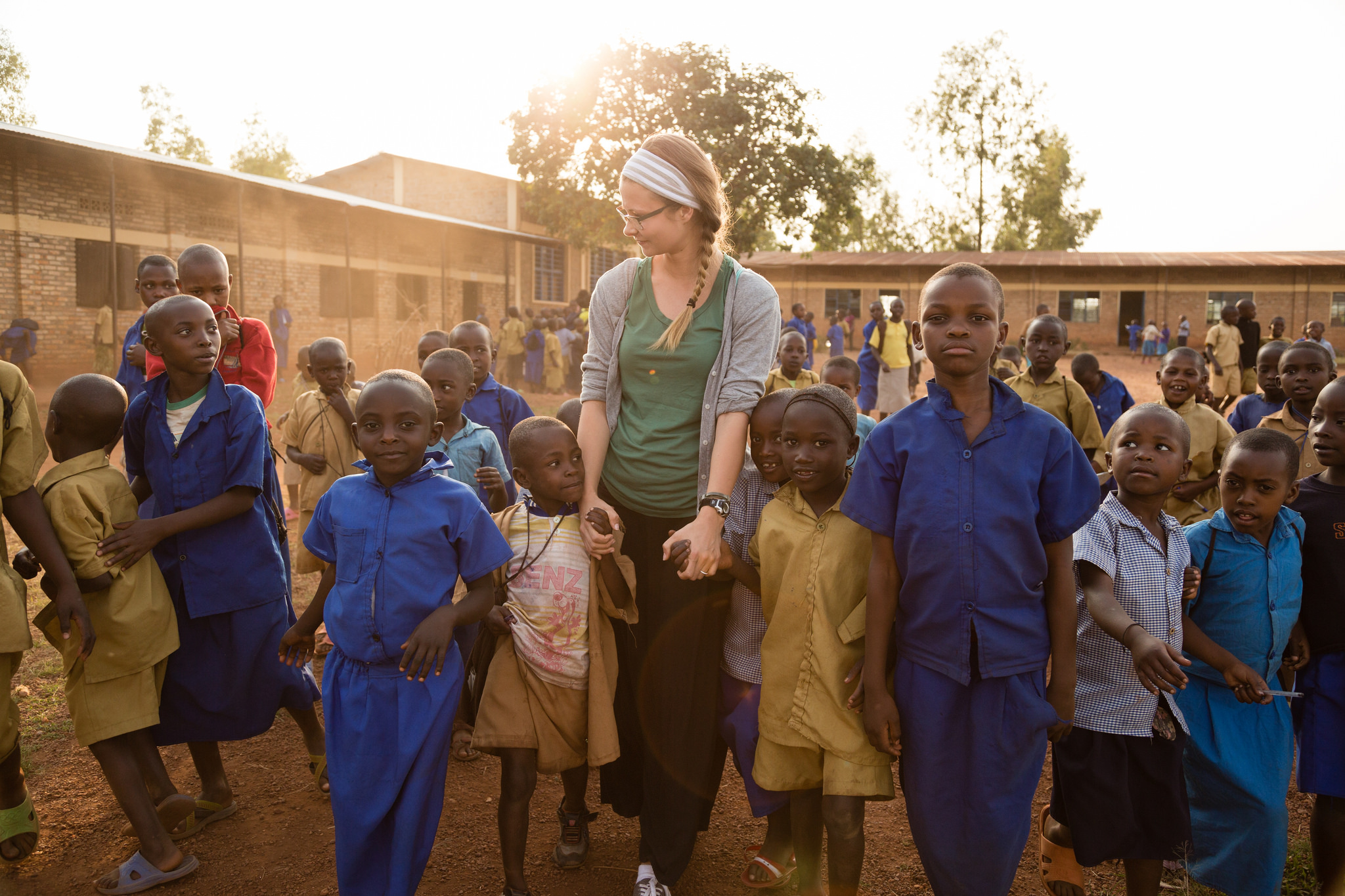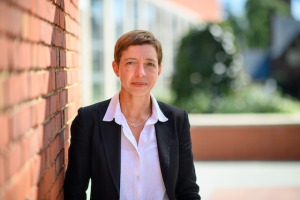Global initiatives may originate in our own backyards or halfway across the world, but studying abroad remains one of the most effective ways to begin the lifelong journey of understanding diversity in today’s world and immersing oneself in intercontinental culture.
The Rollins curriculum generates global citizens—informed, service-minded young men and women with an understanding of the national and international concerns our generation will have to tackle in the coming years. Whether in the form of an Immersion or field study, service learning and study-abroad experiences offered by Rollins are not just one-time expeditions.
Rollins also offers several opportunities to reconnect with old trip-mates, and the bonds created during that one-week, two-week, or five-month experience will last a lifetime. After all, it is often the people you are with, rather than the area you traverse, that make an experience worthwhile.
However, while the trips are sure to be of high quality, the lack of variety concerning available field studies at Rollins means that not everyone will be able to visit the top spot on their bucket list as an undergraduate.
This year, students can choose between only nine Maymester options, and some of these programs are yearly staples on the Summer Field Studies list. This means that if one were to participate in Water, Sanitation, & Health (WaSH) in the Dominican Republic this year, he would have one less option next year.
Having only a few options for field studies remains a concern for students seeking experiences abroad. After all, longer semester programs abroad are not always an option, especially for those pursuing more rigorous course loads, such as those on the pre-med track.
It is true that having to choose between an exchange program in Hong Kong and an internship in Australia does not seem too unreasonable—oh, the calamities of first-world problems! And yet…
With field studies, there remains the issue that Rollins is failing to utilize its most important resources: its students.
Imagine our diverse student population putting heads together—not only as student facilitators, but as student planners. In fact, students are allowed to propose and plan some Immersion excursions, as long as they remain in the United States.
For funding purposes, Immersions attempt to stay as local as possible, with the one exception being the yearly trip to Abaco, Bahamas over Spring Break.
Unfortunately, field study and faculty-led summer programs may be proposed solely by faculty.
According to the Office of International Programs website, “a Field Study is designed and led by one or more Rollins faculty members and typically involves about 8 to 20 students, depending on the number of faculty participating in the trip.
“These programs should be developed with the intention of becoming ongoing programs since they take a substantial amount of work to establish.”
Supply and demand, funding, and the intended academic rigor of such programs—not to mention safety concerns—demand that a faculty member take the helm in organization and development of new international programs. Because of these constraints, the wealth of experiences and interests that students could bring to the table remains untapped potential.
Rollins students have successfully attempted to solve this student-led international excursions formula before. In 2009, two Rollins international students, Aditya Mahara and Raghabendra KC, from Nepal, formed the student-led service trip “Making Lives Better.”
This program is still up and running, long after they graduated, and will be going to Maharashtra, India this summer.
If students—with faculty approval and sponsorship, of course—began to take more of a lead in the planning and creation of academic trips, like Mahara and KC did, Rollins could offer more opportunities to experience different world cultures and further the education of students within global contexts.







Be First to Comment